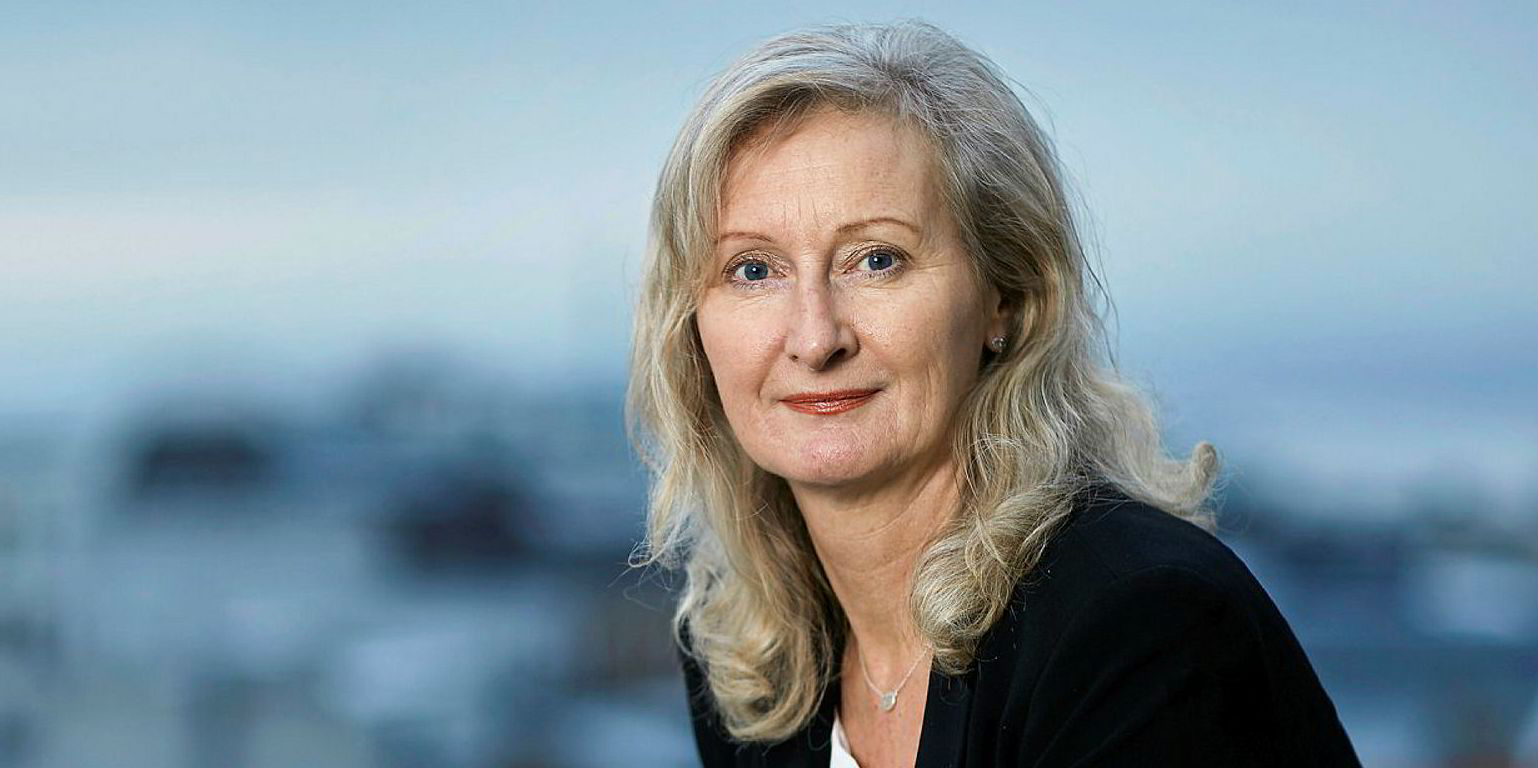The International Union of Marine Insurance (IUMI) is urging underwriters to join in on the action to prevent climate change or end up picking up the bill for the destruction it causes.
The association has added environmental social and governance (ESG) strategies to its list of priorities over the coming years as it sees climate change-related claims soar.
Speaking at IUMI’s “virtual” Stockholm conference today, IUMI president Richard Turner said the marine insurance sector is the insurance sector “most exposed” to climate change among non-life insurance lines.
Direct impact
He said that climate change has a direct impact on natural catastrophe claims, which affect the insurance sector as a whole.
Marine insurers are most exposed to climate change in coastal regions, where flooding and rising sea levels are increasing claims, Turner added.
“Given that so many assets move through coastal areas, there is a big accumulation of value and this has to be a concern for us,” he said.
According to Turner, reviewing the sustainability policy of clients will be an important factor in the underwriting process for marine insurers in the years to come.
Assets covered by marine insurers will also change as shipping gradually adopts green technology, he added.
Underwriters could face “reputational risks” if backing “certain sectors”, which have become associated with climate change, Turner said.
ESG principles are important
However, he said that IUMI’s own survey indicated that 80% of marine insurers thought that ESG principles are important or extremely important. More than 90% said they wanted to increase the influence of ESG in the coming years.
“Over the centuries, marine insurers have always found a way to adapt,” he said.
The fishing industry has been a big provider of premium to the marine insurance sector. Turner said this could come under threat, unless depletion of fish comes to a stop in the world’s oceans.
He, therefore, urged insurers to “support measures for sustainability in the fishing sector”.
However, he pointed out there are some positives for marine insurers, such as the huge new market in offshore wind farms.
Marine insurers need to keep on top of the climate change issue. “The changes will only get bigger and more challenging as we go along,” Turner said.






